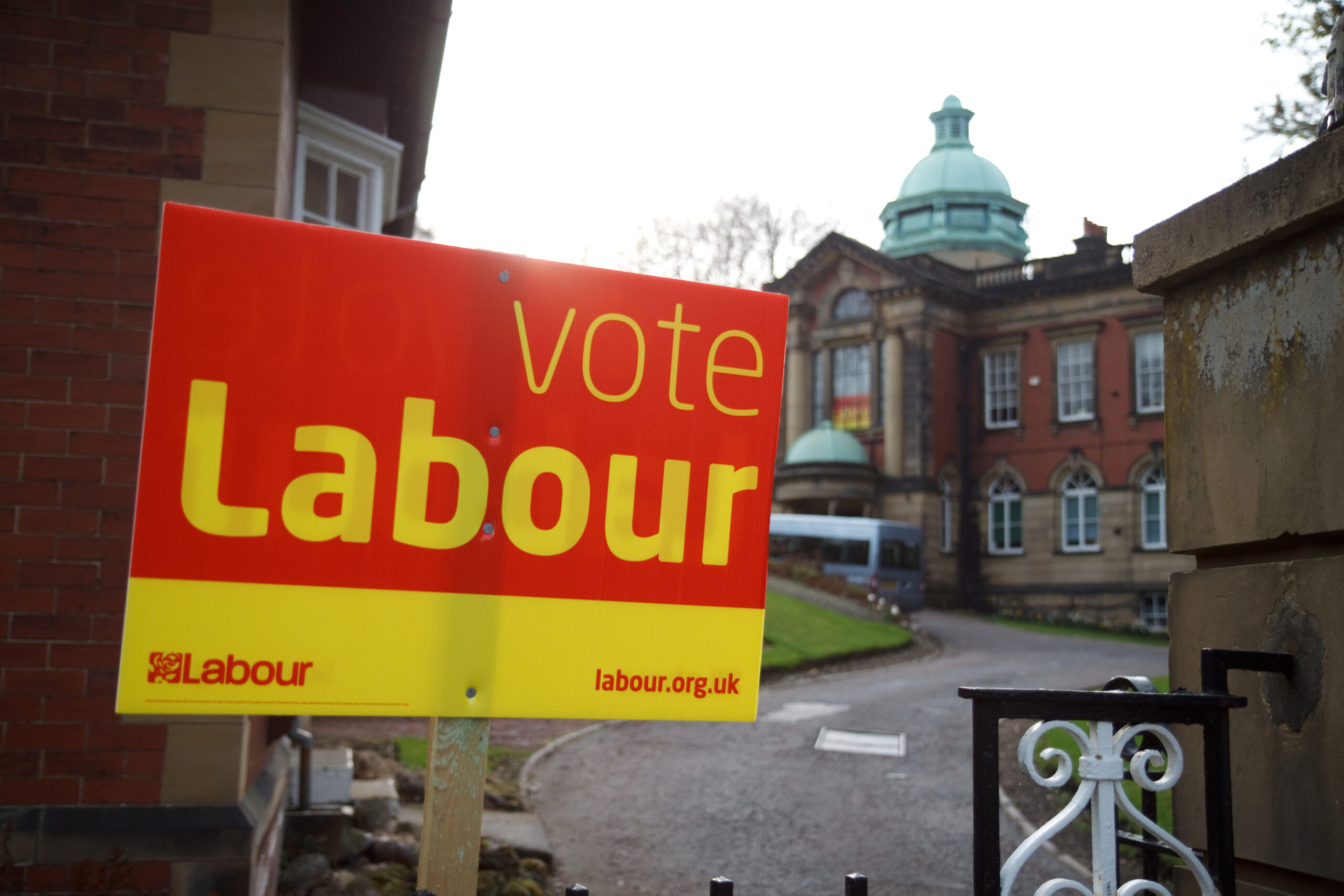The conservative party announced the UK election recently, earlier than was expected for the government.
Labour leader Sir Keir Starmer is set to become the next prime minister of the United Kingdom, winning his seat in the constituency of Holborn and St Pancras.
He thanked his family and staff, before addressing his constituents, stating “whether you voted for me or not, I will serve every person in this constituency”.
Starmer was not expected as a leader, with polls tending to judge him negatively. Starmer comes from a working-class background and a celebrated career in law.
Starmer has worked as a human rights lawyer and Crown prosecutor. He was knighted for his service to law and criminal justice.
Starmer’s main political tactic was one of caution, staying back from the Tory government as it lost popularity and goodwill. The Tories gained backlash from the public with a rash of unpopular policies and scandals.
This included Boris Johnson’s lockdown parties during COVID, Liz Truss’s tax cuts, Rishi Sunak’s mandatory national service announcement and early exit from D-Day, and topped off with a gambling scandal within the Conservative party’s own candidates.
The Tories’ Brexit policy has also proved to negatively affect the British economy, with a cost-of-living crisis and an underfunded national health service (NHS) adding to the country’s troubles.
Several key figures in the Conservative party have lost their seats during the voting, such as Truss.
Sunak has managed to keep his seat in his north Yorkshire constituency, announcing that he took “responsibility for the loss” of the Conservative party. He described the results of the UK election as a “sobering verdict” delivered by the British people.
The Labour party has reached a majority government in the 650-member House of Commons, winning over 400 seats.
The UK’s next general election is not scheduled to be held until 2029.






